
BladeRunner is a drywall-cutting tool that has two separate halves, each containing a sharp cutting blade. Rare-earth magnets pull the halves toward each other while hinged plastic tabs keep the two halves about 1⁄2 in. apart—just enough room to slide the tool onto a sheet of drywall. As the tool is advanced to make a cut, the plastic tabs fold back, and the magnets keep the halves moving firmly as a pair. The blade in each half of the tool slices through the drywall’s paper facing to make a clean break with none of the usual scoring and snapping, even on thin rips. The concept is simultaneously simple and ingenious, but the tool has a learning curve and some limitations.
Although I found the magnets strong enough to keep the two halves of the BladeRunner in line during use, I sometimes had trouble getting the plastic tabs to flip out of the way to begin a cut. I also had to concentrate to keep the tool straight. BladeRunner has a slot on the nose for the hook end of a tape measure, but I found it quicker to follow a pencil line or to use a T-square as a guide. This tool could change your job-site setup, too. The makers of BladeRunner recommend that you work with sheets of drywall stacked on sawhorses to leave room to maneuver the tool, but this forced me to hang the drywall in space to cut off a large section. Instead, I leaned the drywall against the wall, but set the stack on a pair of scrap 4x4s—plenty of room to make a clear crosscut.
Is the tool worth buying? You bet. I used the tool about a hundred times slower than the guy in the BladeRunner video online, but it still sped up my process and increased quality.
Reviewed by Mark Clement, a remodeling contractor in Ambler, Pa.
Fine Homebuilding Recommended Products
Fine Homebuilding receives a commission for items purchased through links on this site, including Amazon Associates and other affiliate advertising programs.

Reliable Crimp Connectors

Handy Heat Gun

Affordable IR Camera

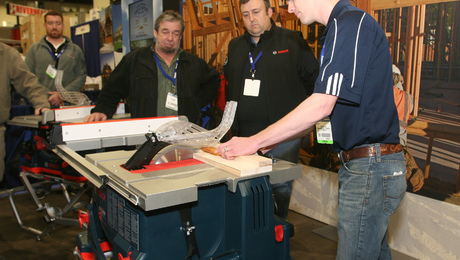
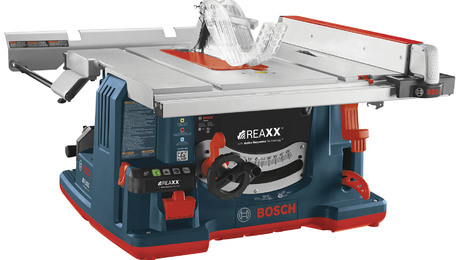
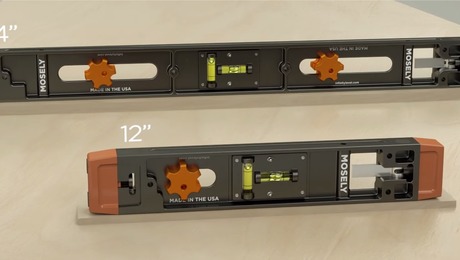
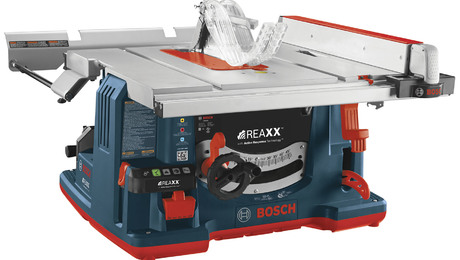
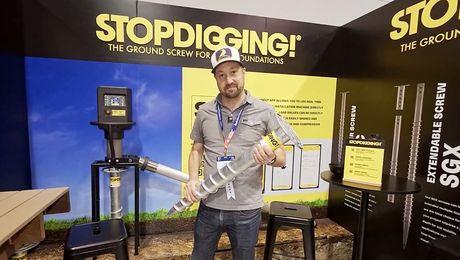








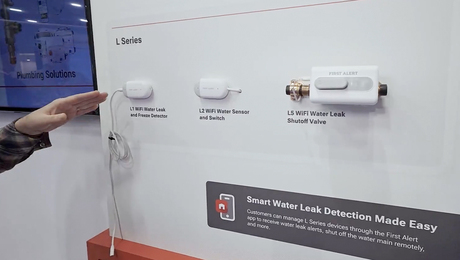













View Comments
I just bought this for a small project that had lots of small odd shaped pieces of drywall. I loved using it, but came upon three big limitations.
1. It's only good for 1/2" drywall and larger... the legs don't reset properly on 3/8" drywall (no, those didn't go on a wall)
2. Since it scores the front and back faces of the drywall, it's not good for sound dampening drywall that has another paper/glue/paper face in the middle. This won't snap like regular drywall.
3. The front and rear curve-outs are different widths, so if you try to run it parallel to a T-square or a straightedge, it will turn away from the line. Also, the widths are odd numbers (a little under 2 7/16" in the front, about 2 1/8 in the back) instead of an easier to work with 1.5" or 1" offset.
The perfect accessory for this would be a roller rip shoe so you could set and cut a 2" piece (for example) down the length of the drywall without needing a line or other tool.
It does what it does well, but I can't wait for the version 2 of this tool.